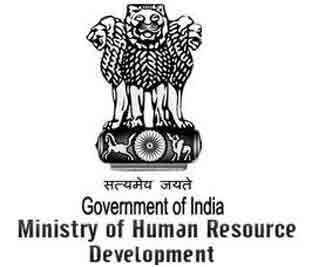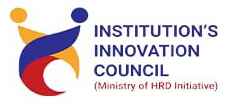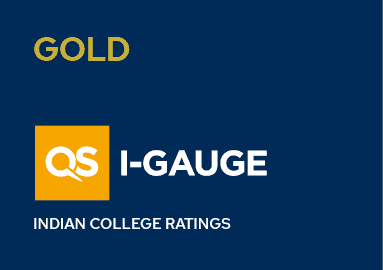Quality Initiative : 6.4.1
Financial Support The Finance Committee and the Governing Council oversee and encourage the proper use of allocated funds. The funds are distributed to departments during budget preparation. Financial assistance is requested from the relevant department. The financial matters are firmly monitored by the accounts section The financial team that will organise the best use of funds. The Institute's Academic Departments and Administrative Sections collaborate on Financial Planning and Budgeting. Every year, budget with projected revenue, general expenses, and capital expenses to better manage funds and plan are added. The principal will convene a meeting with all department heads to discuss their budgetary needs, which include lab, research, co-curricular, and extracurricular activities. The principal reviews the budget before sending it to Management for approval. The institute is self-sufficient, generating funds from student tuition fees and other sources. Management will review financial activities from time to time and compare budgets with actual to determine whether they are on track or other strategies are needed. Mobilisation of Funds Within their self-conceived development programmes, the college implements academic and nonacademic reforms that focus on quality and relevance, excellence, resource mobilisation, greater institutional autonomy with accountability, research, and equity. The receipts are primarily generated by the fees paid by students who enrol in the college programmes. Any shortfall in receipts would be covered by borrowing money from the parent trust or borrowing money from banks in the form of Over Draft (OD). Grants obtained through faculty projects submitted to funding agencies through Research proposals are another type of receipt. These funds are used to support the society and the students through research and laboratory development. The institute has a well-defined mechanism for assessing the effective and efficient use of available financial resources for academic process and infrastructure development. Budget Plan Every year, the Principal and Administrative head prepare the institutional budget, which includes both recurring and nonrecurring expenses. As a result, all administrative and academic heads are being asked to submit the necessary budget for the coming financial year. In addition, all coordinators of various cells, such as R&D, Exam, T&P, NSS, and so on, are instructed to submit their budgets through the principal. The Institute's Governing Council makes all major financial decisions. The Governing Council examines and verifies all major financial transactions under various headings such as Research & Development, Training & Placement, Software & Internet charges, Library Books/ Journals, Repair & Maintenance, Printing & Stationery, Equipment & Consumables, Furniture & Fixtures. When funds are insufficient, management takes out loans to cover the costs. Due to the institute's nature, it has a limited ability to raise funds. Despite this, the college administration has never wavered in its commitment to provide high quality engineering education at an affordable cost to students, as directed by the state government. It clearly demonstrates that the management has a social commitment to serve society and thus sincerely contributes to the state government's mission and partnered in the state's progress in a small way by empowering young minds







